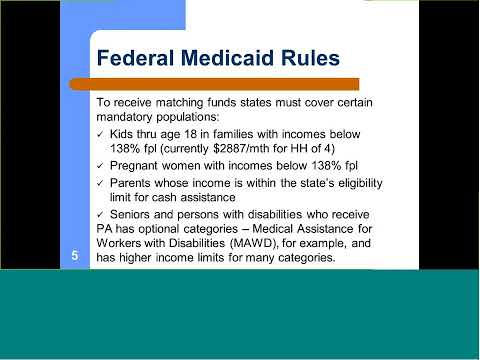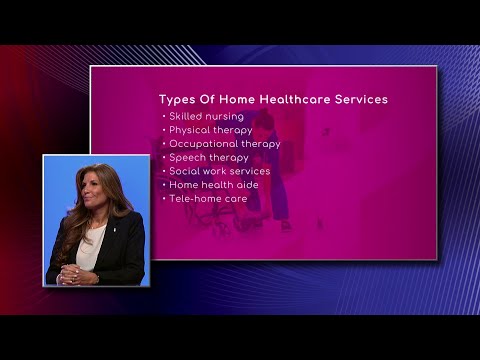What Does a Medical Administrative Assistant Do?
Contents [show]
A medical administrative assistant is a vital part of any healthcare team. They keep the office running smoothly and handle a variety of important tasks. If you’re thinking of becoming a medical administrative assistant, read on to learn more about the job duties and responsibilities.
Checkout this video:
Introduction:
The medical administrative assistant is responsible for communicating with patients, doctors, and other medical staff. They also handle insurance paperwork, medical billing and scheduling appointments. A medical administrative assistant may also be responsible for handling lab results and other test results.
Duties of a Medical Administrative Assistant:
The duties of a medical administrative assistant are wide-ranging and include many clerical tasks such as answering phones, scheduling appointments, handling correspondence, maintaining medical files and insurance forms, and coding insurance claims. In larger offices, Medical Administrative Assistants may specialize in specific areas such as billing or transcription. Some Medical administrative assistants also provide basic patient care, such as taking vital signs or measuring blood pressure.
Education and Training for a Medical Administrative Assistant:
Medical administrative assistants are responsible for keeping the medical office running smoothly. It is their job to handle many of the routine tasks that keep the office organized and running efficiently. A medical administrative assistant may be responsible for handling insurance forms, scheduling appointments, and maintaining patient records. Some medical administrative assistants also work in hospital admissions or billing departments.
Most medical administrative assistants have at least a high school diploma, although some positions may require postsecondary education, such as an associate’s degree in medical office administration. Many community colleges and technical schools offer degree and certificate programs in medical office administration or a related field. These programs typically take one to two years to complete and include courses in Medical Terminology billing and coding, insurance processing, and Microsoft Office applications.
Skills Needed to be a Medical Administrative Assistant:
Medical administrative assistants play a key role in the day-to-day operations of healthcare facilities. They are responsible for a wide range of clerical and administrative tasks, from scheduling appointments and maintaining medical records to billing patients and insurance companies.
To be successful in this role, medical administrative assistants must be highly organized and detail-oriented, with excellent customer service skills. They must also have a good working knowledge of medical terminology and insurance billing procedures. In some cases, they may be required to have experience with specific software programs used in the healthcare industry.
Salary and Job Outlook for Medical Administrative Assistants:
The medical administrative assistant salary is close to the national average. The median annual salary for medical administrative assistants was $32,850 in 2016, according to the U.S. Bureau of Labor Statistics (BLS). The top 10% of earners made more than $48,600 while the bottom 10% made less than $23,540 that year.
The job outlook for medical administrative assistants is bright. The BLS projects that employment for medical administrative assistants will grow by 23% from 2016 to 2026–much faster than the average for all occupations. This growth is due to an aging population and an increased need for healthcare services.
Working Conditions for Medical Administrative Assistants:
Most medical administrative assistants work in physicians’ offices, clinics, and other healthcare facilities. They usually work full time, and some may have to work evenings or weekends. Many medical administrative assistants are required to type correspondence, prepare reports, answer telephones, schedule appointments, and keep records.
Some medical administrative assistants specialize in areas such as billing and insurance claims processing, health information management, or transcribing physicians’ reports from audio tapes. With experience and additional training, medical administrative assistants may advance to positions such as office manager, insurance billing supervisor, or transcription supervisor. A small number of medical administrative assistants are self-employed.
Pros and Cons of Being a Medical Administrative Assistant:
Medical administrative assistants are the first line of communication between patients and doctors. They make appointments, update Medical records file insurance paperwork, and perform many other important tasks. If you are considering a career in medical administration, it’s important to weigh the pros and cons before making a decision.
Pros:
-Many medical administrative assistants work regular business hours.
-The job doesn’t require a lot of physical labor.
-Medical administrative assistants generally have good health benefits and retirement plans.
-The job can be interesting and challenging, with a variety of tasks to keep you occupied throughout the day.
-You can learn a lot about the medical field by working as a medical administrative assistant.
-There is potential for advancement within the field.
-You can work in a variety of settings, including hospitals, clinics, and private practices.
Cons:
-The job can be stressful, especially when juggling multiple tasks at once or working with difficult patients or doctors.
-Medical administrative assistants are often required to sit for long periods of time.
-The job may require you to work overtime on occasion.
What to Do if You Want to Become a Medical Administrative Assistant:
Most medical administrative assistants have completed a postsecondary educational program. These programs typically last one year or less and lead to a certificate or diploma. Some community colleges, technical schools, and career colleges offer programs in medical office administration or health services administration, which might be helpful for those interested in becoming a medical administrative assistant. Some employers prefer to hire candidates who have completed a formal training program.
Conclusion:
A medical administrative assistant is a critical part of any healthcare team. They are responsible for managing patient records, scheduling appointments, and handling billing and insurance paperwork. This challenging and rewarding career offers opportunities for growth and advancement. With the right training, you can become a valuable member of a hospital or doctor’s office staff.
FAQs:
FAQs:
What Does a Medical Administrative Assistant Do?
The medical administrative assistant is responsible for the day-to-day operations of a medical office. They perform a variety of tasks, including scheduling appointments, maintaining medical records and billing patients.
What are the duties of a medical administrative assistant?
The duties of a medical administrative assistant vary depending on the size and type of medical practice. In a small office, the medical administrative assistant may be responsible for all aspects of the office’s operations. In a larger practice, they may specialize in one area, such as billing or appointment scheduling.
What skills are needed to be a successful medical administrative assistant?
To be successful in this role, you will need excellent communication and organizational skills. You should also be able to multitask and work well under pressure. Medical administrative assistants must have knowledge of medical terminology and office procedures. Many employers prefer candidates who have completed a formal training program in medical administration.







